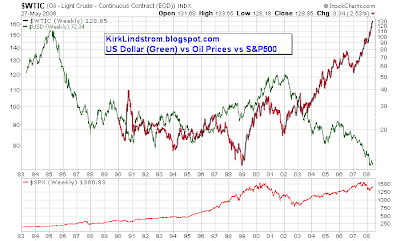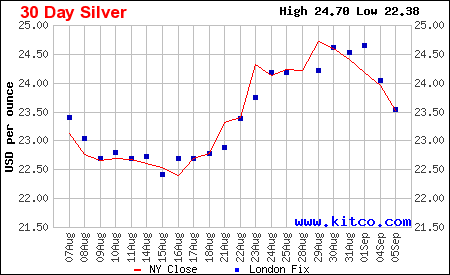It has only been a year, but a lot has changed inside in the industry since then. A blowout of that nature is best prevented, but they have also made plans for industry wide efforts (Just like we need a world wide nuclear industry accident response team).living sounds said:"Painfully slow"? There's still no way to contain a spill in reasonable time. How short-sighted can one be?
The unfinished business in my mind, is the blow out preventer, that appears to have been inadequately designed to reliably shear the well head pipe and contain the well. I expect the preventer firm will get their day in court and a very expensive public flogging, but hopefully, oil industry engineers have already adjusted their designs.
A casual read of history suggests the BP well problem was the combination of multiple factors. A poor safety culture, a rushed and incorrectly tested cement job, and finally the insufficient blowout preventer. While it was a bad accident, the upside is it revealed the flawed blowout preventer and bad execution of drilling, so future wells will be safer.
Speaking of that accident the area still hasn't recovered fully economically (just down the road from me). More than a little because of the administration's response after the accident, not the accident itself.
Are we disagreeing here?And yes, speculation plays a vital role in the prices of all commodities. At least over here in reality-land.
Yes, speculation on future prices, as influenced by "anticipated" supply and demand is a valuable and useful signal to free markets that we need to invest more in oil exploration. Blaming the speculators for the rising prices is shooting the messenger for the message they carry. The recent high profile arrest, was a commodity trader manipulating NG prices. "manipulating" (like what the OPEC cartel does by withholding supply) is clearly illegal. Speculating about future market prices is healthy to help mitigate a bad future without enough oil, by steering capital investment that way right now. We have a bunch of oil now, because of the still soft economy, the speculation is that we won't have enough in the future because of our behavior now.
We've spoken about relative currency values before and their influence on exports (I just invested in a German ETF because of their relative currency advantage, and it pays a 4% dividend while I hedge against the dollar. Gold doesn't pay a dividend).Conservative (former?) hero and Rand disciple Greenspan was the one who thought a weak dollar wasn't a problem at all. This is what you get when you stop producing goods and base an economy on the 'virtual' financial "industry". The dollar has gone down long, long before QE was even at the horizon.
Greenspan, who calls himself a libertarian does not walk the walk. He has been pretty much discredited for his failure to raise interest rates soon enough to prevent the dot com bubble and helped rev up the housing bubble. It is the nature of free markets to experience bubbles from time to time, but the marginal reserve banking system creates a positive bias to economic activity that is even more conducive to bubbles. At the moment, all the liquidity that Bernanke has created with good intentions, is already causing the next bubble (commodities). Does anybody think gold is really worth $1500 oz, or silver, or cotton, or....? We are very slowly getting smarter (about monetary policy), but I fear we aren't there yet.
I won't argue about the future, since that can't be proved one way or the other, until it is no longer the future. Polls of independent swing voters who carried Obama into office, have regained their sense after watching him in action and turned against him. But there is still a long time to go between now and the election, so a lot can happen. Despite the governments best (worst?) efforts the economy is slowly recovering, and if unemployment gets down another few points by late 2012, the sitting incumbent always has an advantage. Not to mention $1B worth of campaign spending plans.Voters are paying attention, and you're not going to like it. Anti-democratic, big government actions in the mid-west, blatant corporatism and cronyism, reckless redistribution from the bottom to the top, infringement efforts on voter registration accross the GOP governed states, all the attacks on the social safety net may very well create an epic backlash. And not a single candidate with good prospects in sight for the Republicans presedential ticket.
I suspect any smart republicans are waiting for 2016, and Obama will probably see a challenge from his left, with his recent dance to the center, trying to win back the independents. But we have an old saying here... "fool me once shame on you. Fool me twice, shame on me. " It should be an another interesting election, and I would be happy just to get the senate back.
Of course, Obama has moved so far to the right on many issues that it often doesn't matter. But looking at the sheer abyss on the other side, he'll win the election easily, I think.
I plan to vote the same way next time. I don't believe his "move" to the center is anything more than campaign posturing, but it could work for him if the economy recovers enough by election time that his approval rating recovers. Lots of time between now and then, so anything could happen.
JR
Note: the US government is actually paying out more in entitlements than it took in in tax receipts. http://www.examiner.com/finance-examiner-in-national/welfare-and-benefits-now-surpass-all-tax-revenues-taken-by-the-government
Of course some people think this means we need to increase taxes. I think we need to get spending under control.




